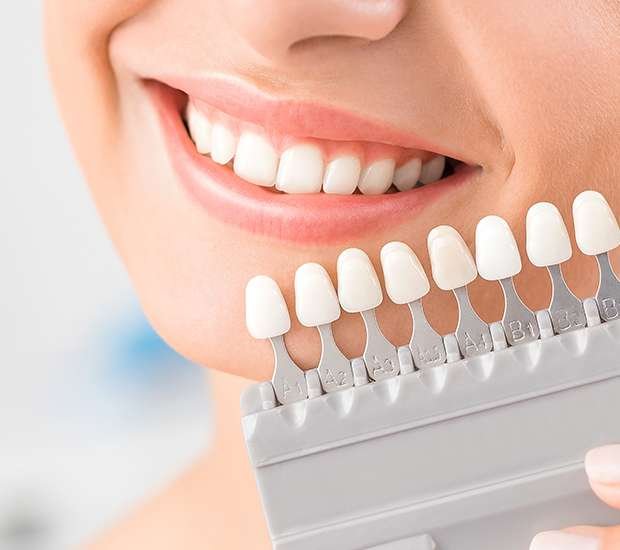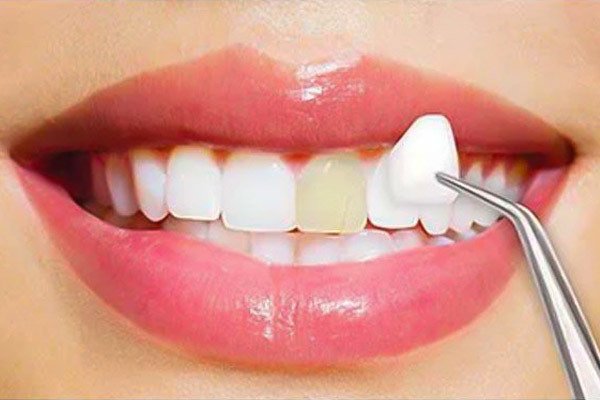Dental Veneers
"Transform Your Smile with Precision & Care | Kakkar Dental Clinic"

Overview of Dental Veneers Treatment
Dental veneers are thin, custom-made shells that cover the front surface of teeth to enhance appearance. They correct issues like discoloration, gaps, and uneven teeth, offering a natural-looking, flawless smile.
- Who Needs Dental Veneers?
- Stained or discolored teeth resistant to whitening
- Chipped or broken teeth
- Misaligned, uneven, or irregularly shaped teeth
- Gaps between teeth
What Are Dental Veneers?
Dental veneers are wafer-thin, tooth-coloured shells made of porcelain or resin composite materials. They are bonded to the front of your teeth to improve their shape, size, and colour, offering a long-lasting cosmetic solution.
How Do Veneers Work?
Veneers adhere to the front of your teeth using strong dental cement. Once bonded, they create a smooth, uniform surface, hiding imperfections like chips, stains, or gaps, while mimicking the natural look of teeth.
Veneers vs Crowns: What’s the Difference?
Yes, the two main Differecess are:
- Veneers: Cover only the front surface of the tooth, used for cosmetic enhancements.
- Crowns: Encapsulate the entire tooth, typically for structural repairs or significant damage.
Are There Different Types of Veneers?
Yes, the two main types are:
- Porcelain Veneers: More durable, stain-resistant, and provide a natural appearance.
- Composite Veneers: More affordable, quicker to apply but may not last as long as porcelain.

Recovery and Outlook
Recovery is minimal. After the procedure, you can resume normal activities immediately. With proper care, veneers can last 10-15 years. Good oral hygiene and regular dental visits ensure long-term results.
Risks & Benefits
Benefits:
• Natural, beautiful appearance
• Long-lasting results
• Stain-resistant (with porcelain)
Risks:
• Irreversible enamel removal
• Possible tooth sensitivity
• Veneers can chip or crack over time
FAQ
Veneers are not reversible due to enamel removal, but they are long-lasting with proper care.
Porcelain veneers can last 10-15 years, while composite veneers may need replacement sooner.
Yes, but avoid biting on hard objects like ice to prevent damage.
Maintain your veneers with regular brushing, flossing, and dental visits—just like natural teeth.
For significant tooth damage, crowns may be a better option than veneers.

